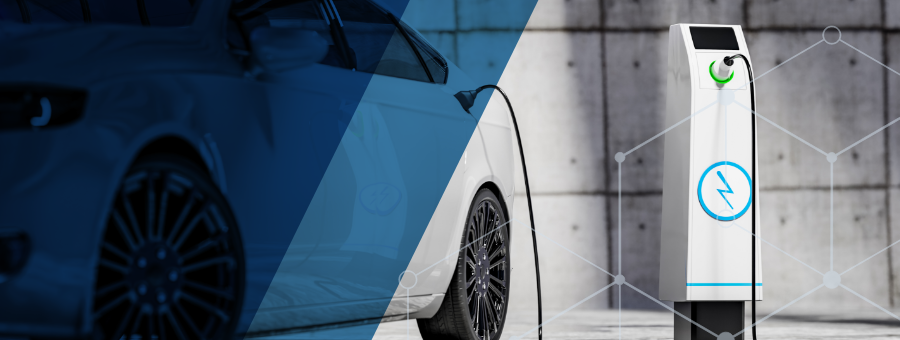The electric vehicle market is evolving quickly. We’ve moved past the early adopter stage as governments, industry and even consumers race to fully commercialize the market for mass adoption. That’s not just here in Canada, but globally, as governments set zero-emission targets, mandating the adoption of zero-emission vehicles in the fight against climate change.

Here at home, the Government of Canada has set mandatory targets to achieve net-zero emissions by 2050. A critical component of this plan is to transition from vehicles with internal combustion engines (gas vehicles) to zero-emission vehicles (ZEVs) that produce no emissions, such as battery-powered electric vehicles. As such, Canada has mandated that all new light-duty vehicles and passenger trucks be zero-emission by 2035.
In response, the industry must shift. At the time of this writing, every major North American car manufacturer has vowed to go fully electric. This is not off in some distant future. GM and Ford are investing billions to expand their EV line-ups by 2025. By 2030, many manufacturers expect EVs to account for over half of their lineup.
Customers must also transition, but this is expected to accelerate quickly. In a recent survey conducted by KPMG, 70 per cent of Canadians, who plan to buy a new vehicle within five years, plan to buy an EV; 89 per cent want EV charging stations installed at every gas station, shopping mall and grocery store; and 61 per cent say the pandemic made them realize that they need a vehicle as they would rather drive than take public transport.
One of the biggest barriers to electric vehicle adoption is a lack of charging infrastructure. At this time, there are simply not enough chargers at service stations, shopping centers, workplaces and other locations to sustain an equally convenient lifestyle for a growing number of EV drivers - but this is changing.
The Government of Canada recognizes this and is making investments to fund EV infrastructure projects through the Zero Emission Vehicle Infrastructure Program (ZEVIP).
ZEVIP provides funding of up to 50 per cent of the total eligible project costs associated with the purchase and installation of EV charging stations for multi-unit residential buildings, fleets, workplaces, on-street parking, and public places such as retail, restaurants, service stations, medical offices and more. Incentive values range from up to $5000 per connector for a Level 2 charger to up to $75,000 for a high powered Level 3 DC fast charger.
ZEVIP funding goes far beyond the cost of equipment only. Funding includes everything from salaries, licences and permits, capital costs and installation, and more.